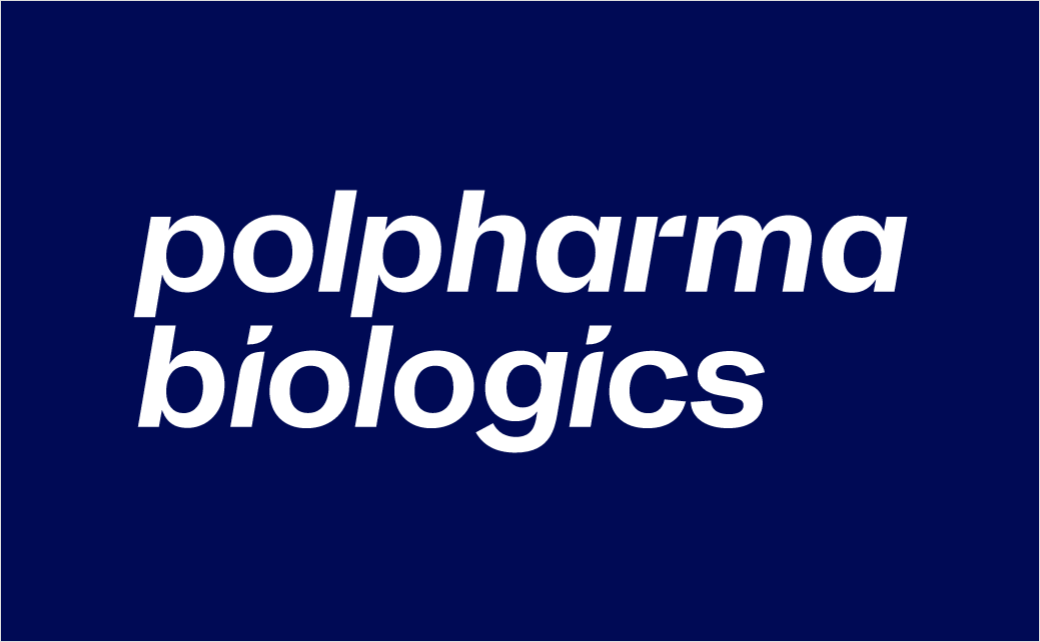- Bone Health
- Immunology
- Hematology
- Respiratory
- Dermatology
- Diabetes
- Gastroenterology
- Neurology
- Oncology
- Ophthalmology
- Rare Disease
- Rheumatology
Polpharma Biologics Executives Discuss Ranibizumab Biosimilar and Other Product Candidates
The Center for Biosimilars® speaks with Polpharma Biologics executives Alex Moulson, vice president of Development, and Pawel Lewinski, head of Portfolio and Commercial Strategy, about the company's biosimilar pipeline.
Polpharma Biologics, of Gdańsk, Poland, is a rapidly growing developer and manufacturer of novel biologics and biosimilars for global markets. Recently the company filed a biologics license application with the FDA for a ranibizumab biosimilar candidate (FYB201) referencing Lucentis, the blockbuster ophthalmology agent. This was filed in partnership with Santo Holding (Strüngmann Group), Bioeq.
Polpharma Biologics is also developing a natalizumab biosimilar (PB006), referencing Tysabri, for Crohn disease and multiple sclerosis. The company is partnering with Sandoz on the commercialization of this product. Behind FYB201, the natalizumab biosimilar is the next furthest along in development, having reached the clinical development stage.
The global market is still wide open for ranibizumab and natalizumab biosimilars. The only ranibizumab biosimilar approved by US and EU regulatory authorities is Byooviz, a Samsung Bioepis and Biogen product. There are no natalizumab biosimilars on the US or EU markets currently.
In this interview, Polpharma Biologics executives Alex Moulson, vice president of Development, and Pawel Lewinski, head of Portfolio and Commercial Strategy, speak with Tony Hagen, senior editor of The Center for Biosimilars®, about the company’s product expectations and growth.
Moulson and Lewinski also discuss the company’s broader pipeline of products, such as a planned vedolizumab biosimilar (PB016), for the treatment of autoimmune disease, and pembrolizumab and nivolumab biosimilar candidates (PB014 and PB015, respectively), both “programmed death” protein inhibitors that lower the tumor cell’s defense system and allow immune cells to attack.
Polpharma Biologics has added 300 employees over the past couple of years, bringing its headcount to 800. The company, with facilities also in Warsaw, Poland, and Utrecht, in the Netherlands, continues to expand with multiple new job openings. The company has changed rapidly since The Center for Biosimilars® profiled it in 2020.
Newsletter
Where clinical, regulatory, and economic perspectives converge—sign up for Center for Biosimilars® emails to get expert insights on emerging treatment paradigms, biosimilar policy, and real-world outcomes that shape patient care.

